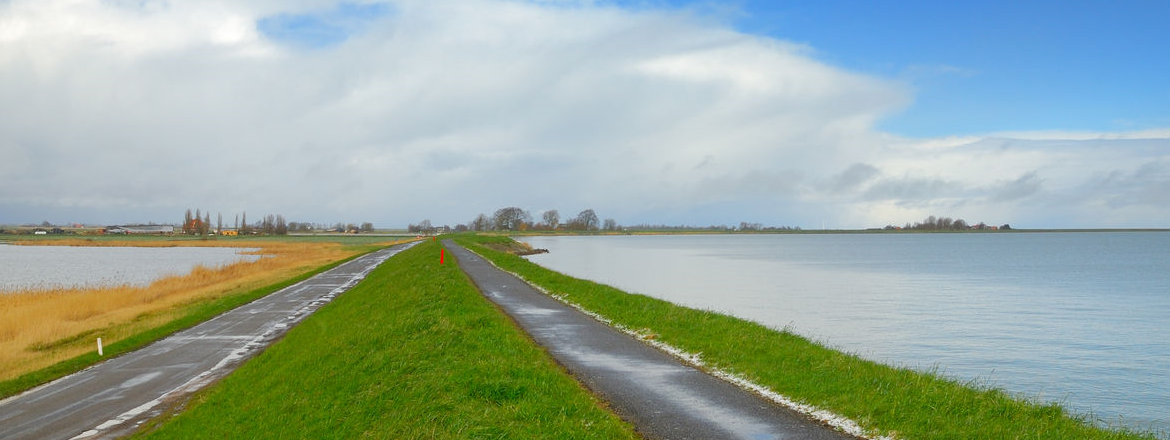Programme Ghent Group Annual Meeting
The role of science in dealing with dilemmas in policy-making
| Date(s) |
Wednesday 6 November 2024
Thursday 7 November 2024
|
| Location | Koninklijke Vlaamse Academie van België voor Wetenschappen en Kunsten (KVAB)
Hertogstraat 1
B-1000 Brussel
België
Tel. +32.2 894 46 11
|
| Accessibility and parking |
KVAB is easily accessible by both public transport and car. For tips we recommend visiting the KVAB website. |
Programme
| WEDNESDAY 6 NOVEMBER 2024 | ||
|
Time
|
Description
|
|
| Introduction | ||
|
09:00-09:15
|
Abigail MUSCAT
(Wageningen University and Research)
|
Opening & Welcome
|
|
09:15-09:45
|
Thomas PLESENER,
Lene HEGELUND,
Anja SKJOLBORG HANSEN (Aarhus University)
|
Setting the scene: activities of the Ghent Group
|
|
Session 1 - Different science-policy interface methods and examples. How do we generate
impact?
|
||
|
09:45-10:00
|
Moderators of LLs workshop
|
Learnings from the Living Labs workshop
|
|
10:00-10:15
|
Olivier MORA (INRAE)
|
Presentations followed by group reflection
Pesticide-free agriculture in 2050: reconnecting research and policy debates
|
|
10:15-10:30
|
Katharina HELMING
|
Climate modelling with policy-makers: the experience of MACSUR SciPol
|
|
10:30-10:45
|
Didier RICHARD (INRAE)
|
How do we assess the impact of scientific advice on policymaking
|
|
10:45-11:15
|
ALL
|
Reflection on generating impact: Living Labs, foresight, modelling with policy-makers
|
|
Break
|
||
|
11.30-12.30
|
Francesca MONTICONE (University of Bologna)
Roberto Henke (CREA)
Chiara ROTICIANI
(Eurocities)
|
Policy Coherence Methods workshop
An overview of the different methodologies to asses Food Policy Coherence and Integration (15 min)
Two case studies that have aimed to assess policy coherence will present the methodology they employed (on assessing the coherence between Italian and EU policy frameworks on CLEVERFOOD’s deliverable “Comparative analysis of existing urban food policies”
Reflection- Speakers will be invited to react to their colleague’s presentation, comparing advantages and shortcomings, and similarities and differences with their methodology
Discussion opened to the audience moderated by Abigail (25 min)- what methodology to measure and assess policy coherence?
|
|
Lunch
|
||
|
14.00-17.30
|
Wageningen University and Research
|
Mansholt lecture & drinks*
WUR perspectives on agriculture, food and nature in the EU
(For information about the research, click here).
|
|
Group dinner
|
||
| * Participation in the Ghent Group Annual Meeting also includes attendance at the Mansholt Lecture on Wednesday afternoon, 6 November. You do not need to register for this separately; we will take care of it for you! | ||
|
THURSDAY 7 NOVEMBER 2024
|
|||
| Time | Description | ||
|
Session 2 - Digesting the dilemmas presented by the Mansholt lecture
|
|||
|
09:00-09:30
|
Dutch Ministry of Agriculture, Fisheries, Food Security and Nature
|
Presentation
Director of the Dutch Ministry of Agriculture, Fisheries, Food Security and Nature |
|
|
09:30-10:30
|
All
|
Reflection and debate
On the Mansholt lecture and a dilemma approach for the science-policy interface
|
|
|
Break
|
|||
|
10.45-11.05
|
JRC
|
Presentation
Knowledge for policy: concepts and methods
|
|
|
11:05-11:25
|
MEP
|
Presentation
Challenges in translating science into policy: experiences from the European Parliament |
|
|
11:25-12:00
|
Moderator: Rens Koele
|
Dialogue between JRC and MEP
|
|
|
Lunch
|
|||
|
13.00-13.45
|
Giampiero MAZZOCCHI (CREA) & Pasi RIKKONEN (LUKE)
|
Dialogue between Finland and Italy followed by Group Discussion
Conflict and synergies around the supply chain.
|
|
|
Working session - How can we work together? Learnings from and for the Ghent Group
|
|||
|
13-45-14:45
|
WUR
ILVO
|
Dealing with dilemmas: Roundtables with leading experts
|
|
|
Break
|
|||
|
15.15-16.15
|
All
|
Develop a joint vision
|
|
|
16:15– 16:30
|
|
Closing and goodbye
|
|
Living Labs and/or Ghent Group meeting
 Registration website for Living Labs and/or Ghent Group meeting
Registration website for Living Labs and/or Ghent Group meetingLiving Labs and/or Ghent Group meetingregister@wur.nl
Living Labs and/or Ghent Group meetingregister@wur.nlhttps://event.wur.nl/living_labs_and_ghent_group_meeting
2024-11-06
2024-11-07
OfflineEventAttendanceMode
EventScheduled
Living Labs and/or Ghent Group meetingLiving Labs and/or Ghent Group meeting0.00EUROnlineOnly2019-01-01T00:00:00Z
Wageningen University & ResearchWageningen University & ResearchDroevendaalsesteeg 4 6708 PB Wageningen Netherlands
